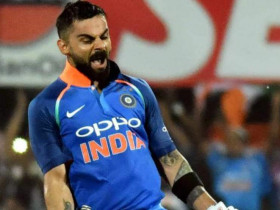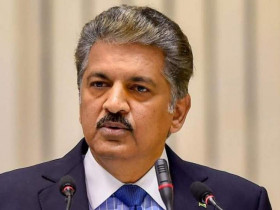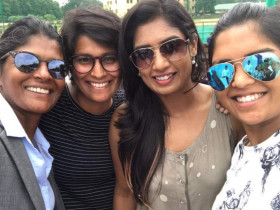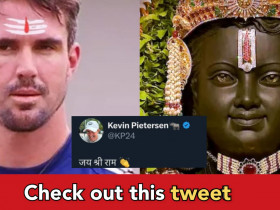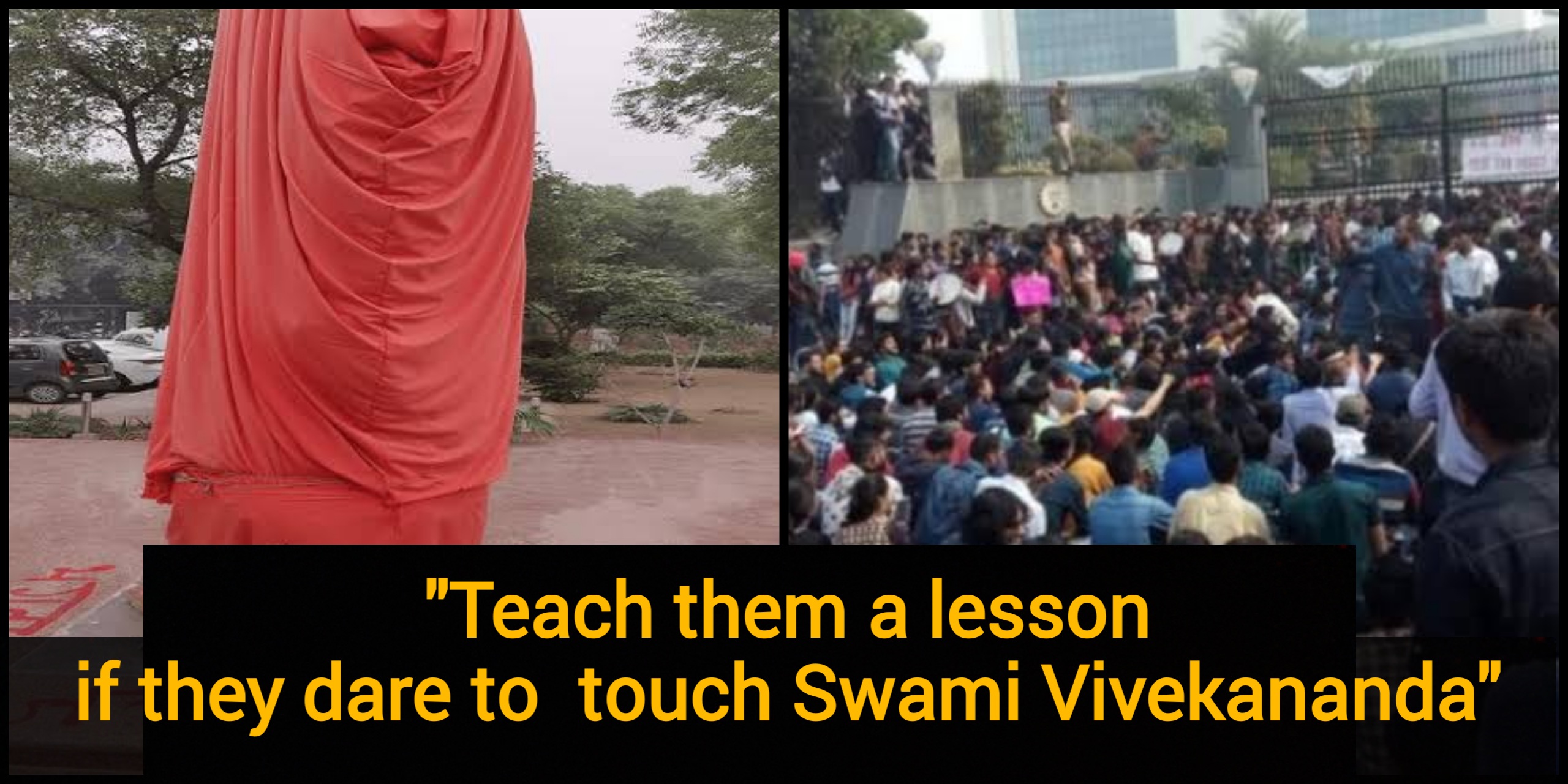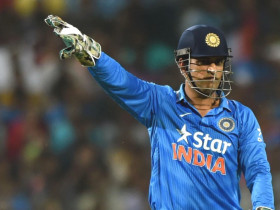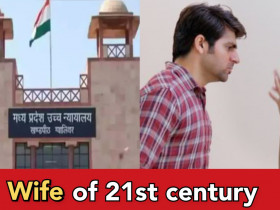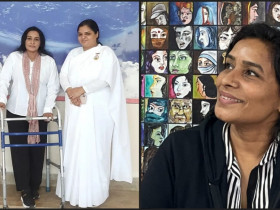Baba Saheb’s secularist views and principles have been praised by the liberals and secularists of India as they fight against the growing regime of BJP and rising Hindutva politics. “Annihilation of Caste” or “Annihilation of Hindus”, the question itself was dubious as the followers of Baba Saheb who were mostly left- oriented refused to look beyond Baba Saheb’s reinvented image. However, Baba Saheb’s confederation towards Hindutva movement, which remained concealed under the curb of nationalism during the British Colonial rule, has now been exposed as history unfolds, and Baba Saheb’s philosophies come to light.
In his book ,“Pakistan or the Partition of India.” Baba Saheb’s thoughts come off as ‘Islamophobic’ : narrow, selfish, conflicting and rather biased. Here are ten quotes from the very book to prove likewise.
“There can thus be no manner of doubt that the Muslim Society in India is afflicted by the same social evils as afflict the Hindu Society. Indeed, the Muslims have all the social evils of the Hindus and something more. That something more is the compulsory system of purdah for Muslim women.”
“The existence of these evils among the Muslims is distressing enough. But far more distressing is the fact that there is no organized movement of social reform among the Musalmans of India on a scale sufficient to bring about their eradication. The Hindus have their social evils. But there is this relieving feature about them—namely, that some of them are conscious of their existence and a few of them are actively agitating for their removal. The Muslims, on the other hand, do not realize that they are evils and consequently do not agitate for their removal. Indeed, they oppose any change in their existing practices.”
“The third thing that is noticeable is the adoption by the Muslims of the gangster’s method in politics. The riots are a sufficient indication that gangsterism has become a settled part of their strategy in politics. …. So long as the Muslims were the aggressors, the Hindus were passive, and in the conflict, they suffered more than the Muslims did. But this is no longer true. The Hindus have learned to retaliate and no longer feel any compunction in knifing a Musalman. This spirit of retaliation bids fair to produce the ugly spectacle of gangsterism against gangsterism.”
“The second thing that is noticeable among the Muslims is the spirit of exploiting the weaknesses of the Hindus. If the Hindus object to anything, the Muslim policy seems to be to insist upon it and give it up only when the Hindus show themselves ready to offer a price for it by giving the Muslims some other concessions. Another illustration of this spirit of exploitation is furnished by the Muslim insistence upon cow-slaughter and the
stoppage of music before mosques. Islamic law does not insist upon the slaughter of the cow for sacrificial purposes and no Musalman, when he goes to Haj, sacrifices the cow in Mecca or Medina. But in India, they will not be content with the sacrifice of any other animal.”
“The brotherhood of Islam is not the universal brotherhood of man. It is brotherhood of Muslims for Muslims only. There is a fraternity, but its benefit is confined to those within that corporation.”
“The second defect of Islam is that it is a system of social self-government and is incompatible with local self-government, because the allegiance of a Muslim does not rest on his domicile in the country which is his but on the faith to which he belongs. …. Wherever there is the rule of Islam, there is his own country. In other words, Islam can never allow a true Muslim to adopt India as his motherland and regard a Hindu as his kith and kin.”
“The realist must take note of the fact that the Musalmans look upon the Hindus as Kaffirs, who deserves more to be exterminated than protected. The realist must take note of the fact that while the Musalman accepts the European as his superior, he looks upon the Hindu as his inferior.”
“If the representative government can help the Muslims, they will demand it, and fight for it. … The dominating consideration with the Muslims is not democracy. The dominating consideration is how democracy with majority rule will affect the Muslims in their struggle against the Hindus. Will it strengthen them or will it weaken them? If democracy weakens them, they will not have democracy.”
“whether the number of prominent Hindus killed by fanatic Muslims is large or small matters little. What matters is the attitude of those who count, towards these murderers. The murderers paid the penalty of law where the law is enforced. The leading Moslems, however, never condemned these criminals. On the contrary, they were hailed as religious martyrs and agitation was carried on for clemency being shown to them. ”
“But Mr Gandhi has never protested against such murders. Not only have the Musalmans not condemned these outrages but even Mr Gandhi has never called upon the leading Muslims to condemn them. He has kept silent over them. Such an attitude can be explained only on the ground that Mr Gandhi was anxious to preserve Hindu-Moslem unity and did not mind the murders of a few Hindus if it could be achieved by sacrificing their lives. This attitude to excuse the Muslims any wrong, lest it should injure the cause of unity, is well illustrated by what Mr Gandhi had to say in the matter of the Mopla riots.”


